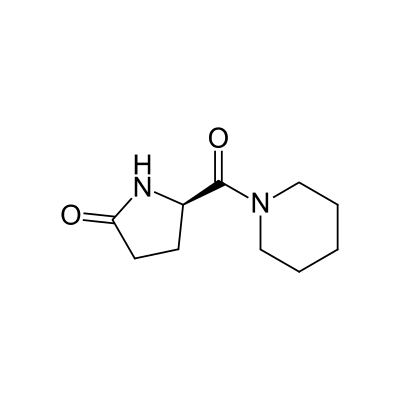<h2>Introduction</h2>
Fasoracetam is a nootropic, or cognitive enhancer, that is gaining popularity among students, athletes, and other individuals looking to improve their mental performance. It is a racetam-class drug, similar to other nootropics such as piracetam, aniracetam, and oxiracetam. Fasoracetam has been shown to improve cognitive function, including memory, attention, and executive function.
<h2>How Does Fasoracetam Work?</h2>
Fasoracetam works by interacting with certain receptors in the brain and central nervous system, known as cholinergic and GABAergic receptors. This interaction helps to regulate the levels of the neurotransmitters acetylcholine and GABA, both of which play an important role in cognitive function. Additionally, fasoracetam has been found to increase the levels of the neurotrophin, BDNF, which is linked to improved cognitive performance.
<h2>The Benefits of Fasoracetam</h2>
Fasoracetam has been found to be beneficial in a number of ways. It has been shown to improve memory and recall, focus and attention, and executive function. It can also help to reduce stress and anxiety, and improve mood. Additionally, fasoracetam has been found to be neuroprotective, which means it can help protect the brain from damage caused by aging, stress, or toxins.
<h2>Safety and Side Effects</h2>
Fasoracetam is generally considered to be safe and well-tolerated. However, as with any drug, there can be side effects. The most common side effects are headaches, nausea, and fatigue. If any of these side effects occur, it is recommended to reduce the dosage or discontinue use.
<h2>Conclusion</h2>
Fasoracetam is a safe and effective nootropic that can help to improve cognitive function and mood. It works by interacting with cholinergic and GABAergic receptors in the brain, and can help to improve memory, focus, and executive function. Additionally, it can help to reduce stress and anxiety, and is neuroprotective. Fasoracetam is generally well-tolerated, but can have some mild side effects, such as headaches, nausea, and fatigue.
